Fall 2014
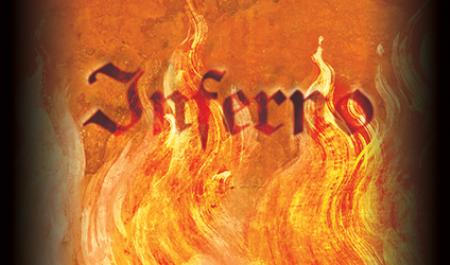
Dante’s 700-year-old masterpiece the Divine Comedy still attracts great attention. For centuries readers have been drawn to his vivid description of the afterlife. This course will explore the first portion of the Divine Comedy, Inferno, in its entirety. The class will focus on the organization of his hell, from lesser to greater sins, the […]
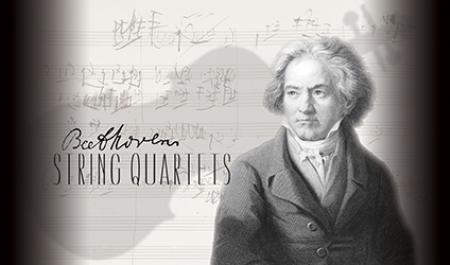
Ludwig van Beethoven was one of the great masters of the Classical and Romantic eras in music, and no genre summarizes his achievement better than the string quartet. This course will examine 16 works spread evenly throughout his early, middle, and late styles. The first six quartets reveal his consolidation of Mozart’s and Haydn’s techniques, […]
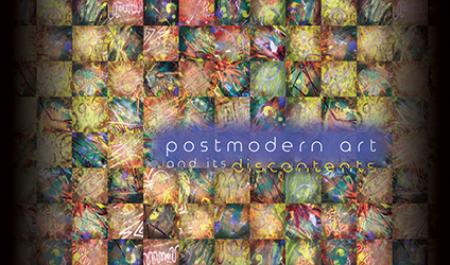
This course examines the issues, artists, and theories surrounding the rise of Postmodernism in the visual arts from 1970 into the twenty-first century. We will explore the emergence of pluralism in the visual arts against a backdrop of the rise of the global economy. And we will look at the “crisis” of postmodern culture, which […]
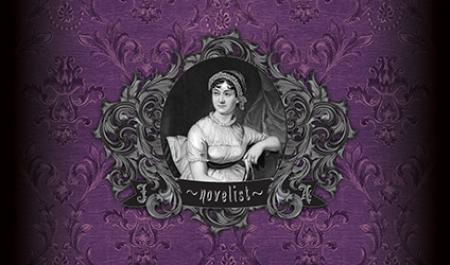
One of the most popular and beloved novelists in the English language, Jane Austen wrote novels that have beguiled and challenged readers for two centuries. For some, Austen is our beloved Aunt Jane, chatting with us about tea parties, excursions in pony phaetons, and ill-advised epistolary relationships. For others, she is a subversive ironist whose […]
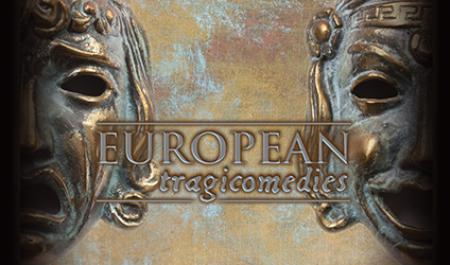
The tragicomedy genre, so prevalent in our day, has actually been evolving for many centuries. While one can take a primarily aesthetic approach to any genre–what makes comedy comedy?–here we will include a fuller consideration of history, stressing the social, political, and philosophical contexts of the particular plays. How does a certain “age” or “culture” […]
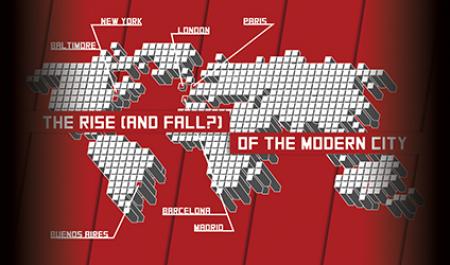
The city has been the motor of progress in modernity and the crucible of many of the social movements that have contested the darker underside of the modern. This seminar will explore how cities came to reside at the center of the modern project, how they have been transformed over time, and what those transformations […]
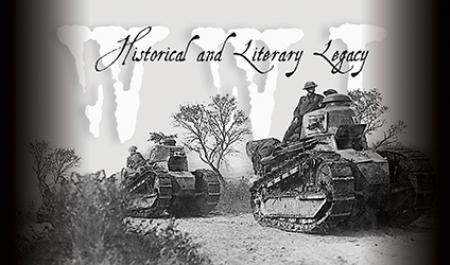
According to George Kennan, the Great War was “the seminal event of the Twentieth Century.” The war triggered both the Russian Revolution and the Irish Rebellion, and ended by toppling monarchies and destroying empires. But perhaps the “shock of the new” that most surprised was the horror of modern, mechanized warfare. T. S. Eliot’s […]
